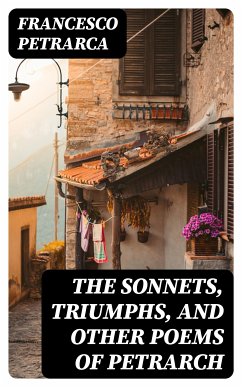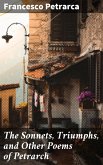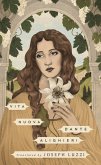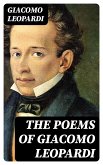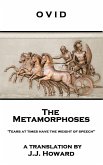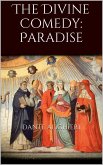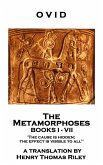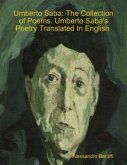In "The Sonnets, Triumphs, and Other Poems of Petrarch," Francesco Petrarca showcases a poetic vision that intertwines themes of love, nature, and mortality through a masterful use of the sonnet form. Written during the early 14th century, this collection not only reflects the profound emotional struggles of the poet but also marks a pivotal moment in the evolution of Italian poetry. Petrarca's lyrical style is celebrated for its intricate rhyme schemes and eloquent imagery, which meld personal reflection with universal themes, thereby laying the groundwork for the Renaissance's humanist ideals. Francesco Petrarca, often deemed the 'Father of Humanism,' was deeply influenced by his love for Laura, a muse whose elusive beauty haunts his verses. His extensive travels and intellectual pursuits exposed him to Classical antiquity, leading him to reconcile medieval thought with ancient wisdom. This biographical backdrop enriches the themes prevalent in his work, as Petrarca navigates the intricate dance between desire and despair, embodying the complexities of the human experience. This collection is essential reading for those seeking to understand the roots of lyric poetry and the rich tapestry of human emotion. Petrarca's innovative style set a benchmark for subsequent poets, and his exploration of love resonates timelessly. Readers will find both solace and challenge in his verses, thus inviting a deeper engagement with the complexities of love and existence.
Dieser Download kann aus rechtlichen Gründen nur mit Rechnungsadresse in A, B, BG, CY, CZ, D, DK, EW, E, FIN, F, GR, H, IRL, I, LT, L, LR, M, NL, PL, P, R, S, SLO, SK ausgeliefert werden.

